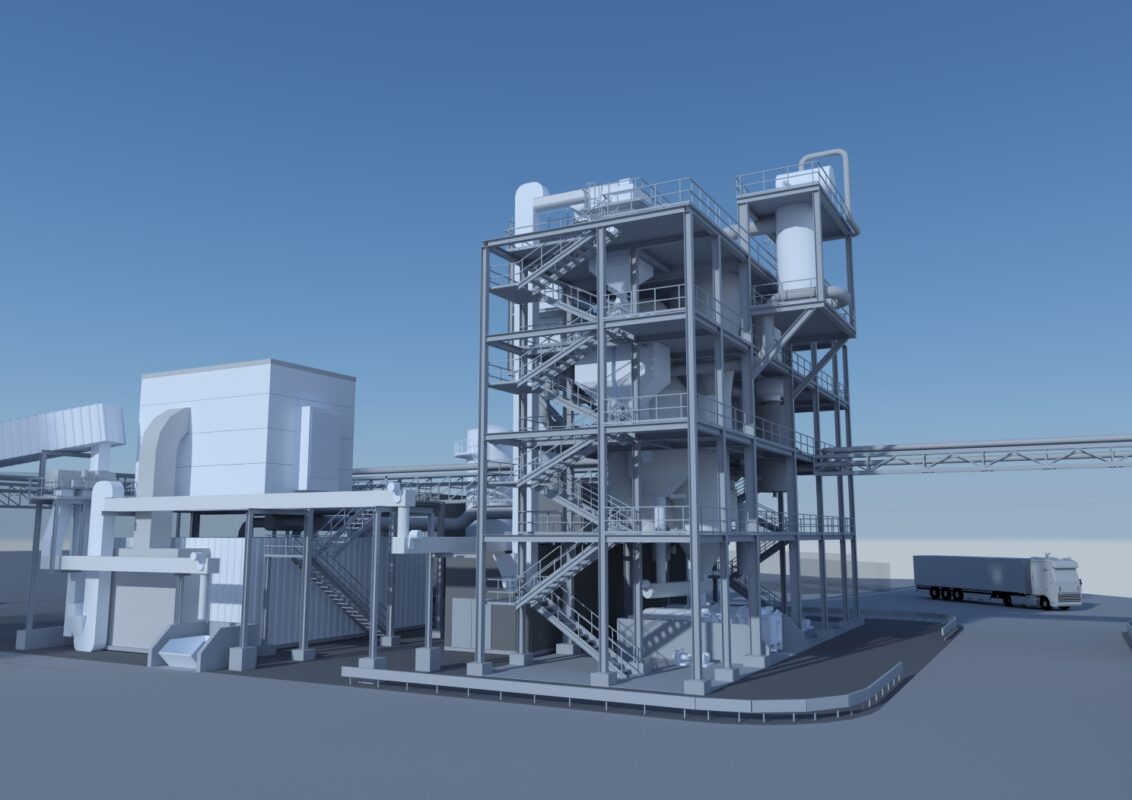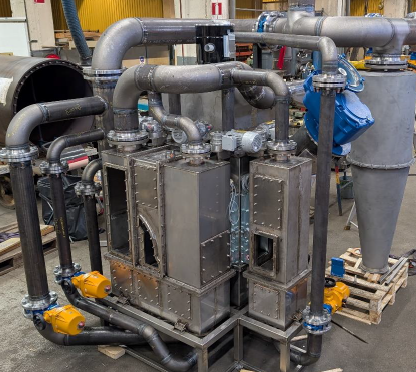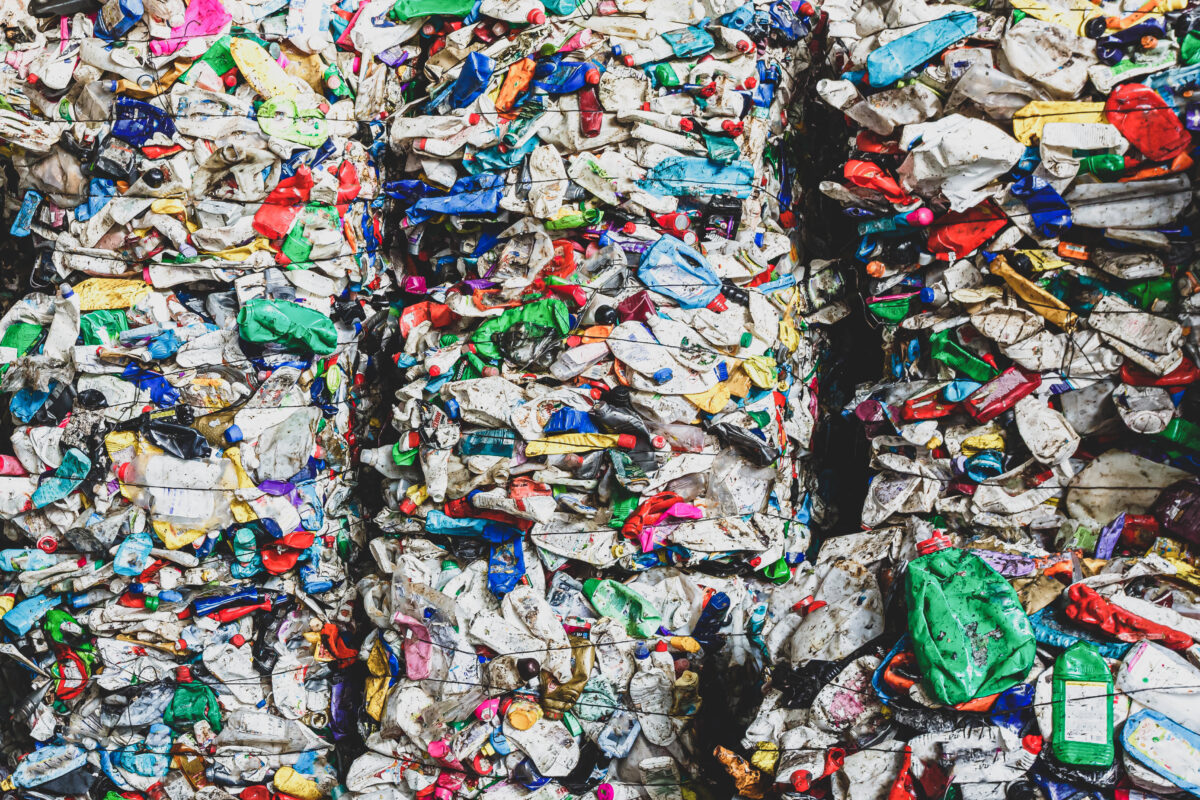The EU Taxonomy Regulation (EU) 2020/852 establishes a classification system to determine which economic activities are environmentally sustainable. It aims to guide investment towards activities that support the EU’s environmental objectives, including climate change mitigation and adaptation, sustainable use and protection of water and marine resources, transition to a circular economy, pollution prevention and control, and protection and restoration of biodiversity and ecosystems. Criteria for Environmental Sustainability To be considered environmentally sustainable, a manufacturing activity
Author Archives: Mattias Backmark
Sweden has implemented tax exemption schemes aimed at promoting the use of sustainable, non-food-based biogas and bio-propane in both the transport and heating sectors. These exemptions apply to energy and CO₂ taxes, making renewable alternatives more competitive against fossil fuels. Transport Sector Energy Sector Recent Developments In December 2022, the European General Court annulled the European Commission’s 2020 decisions approving these tax exemptions on procedural grounds, citing the need for a formal investigation into potential
– What You Need to Know of renewable targets and RFNBO implementation The European Union is accelerating its energy transition to meet climate neutrality by 2050. As part of this shift, the Renewable Energy Directive III (RED III) was adopted in 2023 to reinforce the EU’s renewable energy targets and provide stronger market signals for investment in clean technologies. RED III builds on previous iterations by introducing sector-specific mandates, tightening rules for renewable fuel certification,
BioShare is currently engaged in developing an industrial scale demonstration project with a large Nordic energy company. Click here to learn more.
On-site production of LBG at a major pulp and paper mill in Sweden was studied in a enhance feasibility project.
Click here to learn more.
This project aims to verify the concept of transferring heat between the two chambers of BioShare’s bubbling bed setup.
Click here to learn more.
BioShare is looking for you how have 5-10 years of experience in the process industry or similar and who…
Currently, only about 10% of the plastic consumed in Sweden is recycled into new plastic products. This project aims to study how to increase this number.
Click here ho learn more
In a joint research project with Chalmers, BioShare is looking into how to produce BioChar and Hydrogen using iron ore in a steam-iron process.
Click here to learn more
Summery The steel industry is a significant contributor to global greenhouse gas emissions, primarily due to its reliance on fossil coal. Transitioning to a circular and bio-based economy necessitates innovative approaches to reduce these emissions. This project endeavours to study a fluidisation reactor concept capable of large-scale, cost-effective biocarbon production. The envisioned technology aims to integrate seamlessly with existing combined heat and power (CHP) plants, leveraging current infrastructures to produce sustainable biocarbon. A key focus






